ADHD isn’t just about kids bouncing off the walls. It’s a complex neurological reality affecting adults in profound ways, impacting everything from daily productivity to emotional well-being.
We’re moving beyond simplistic descriptions of “attention deficit” to recognize the full spectrum of challenges:
- executive function deficits
- emotional turbulence
- sensory overload.
Traditional ADHD management, while helpful for many, doesn’t address every facet of this complex condition. This has fueled a search for holistic, sustainable approaches.
For centuries, cultures have utilized medicinal mushrooms for their health-promoting properties. Modern science is now catching up, exploring how these fungi can influence brain function. We’re not talking about a sudden cure but a potential support system for the brain.
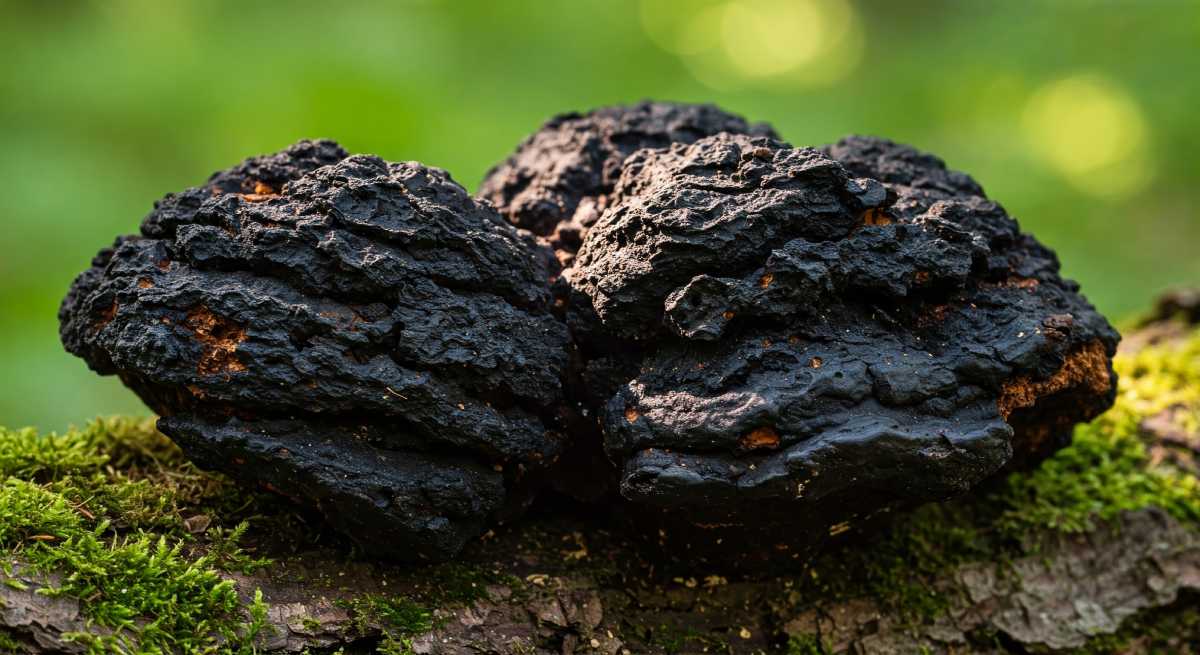
Disclaimer: The information provided in this article is intended for educational purposes only and should not be construed as medical advice. The content is not a substitute for professional medical guidance, diagnosis, or treatment.
How Does ADHD Affect the Brain?
Attention Deficit Hyperactivity Disorder (ADHD) is a neurodevelopmental condition that affects both children and adults, impacting focus, impulse control, and energy regulation. It is not just about being easily distracted—it’s a condition rooted in brain chemistry that can significantly affect daily life.
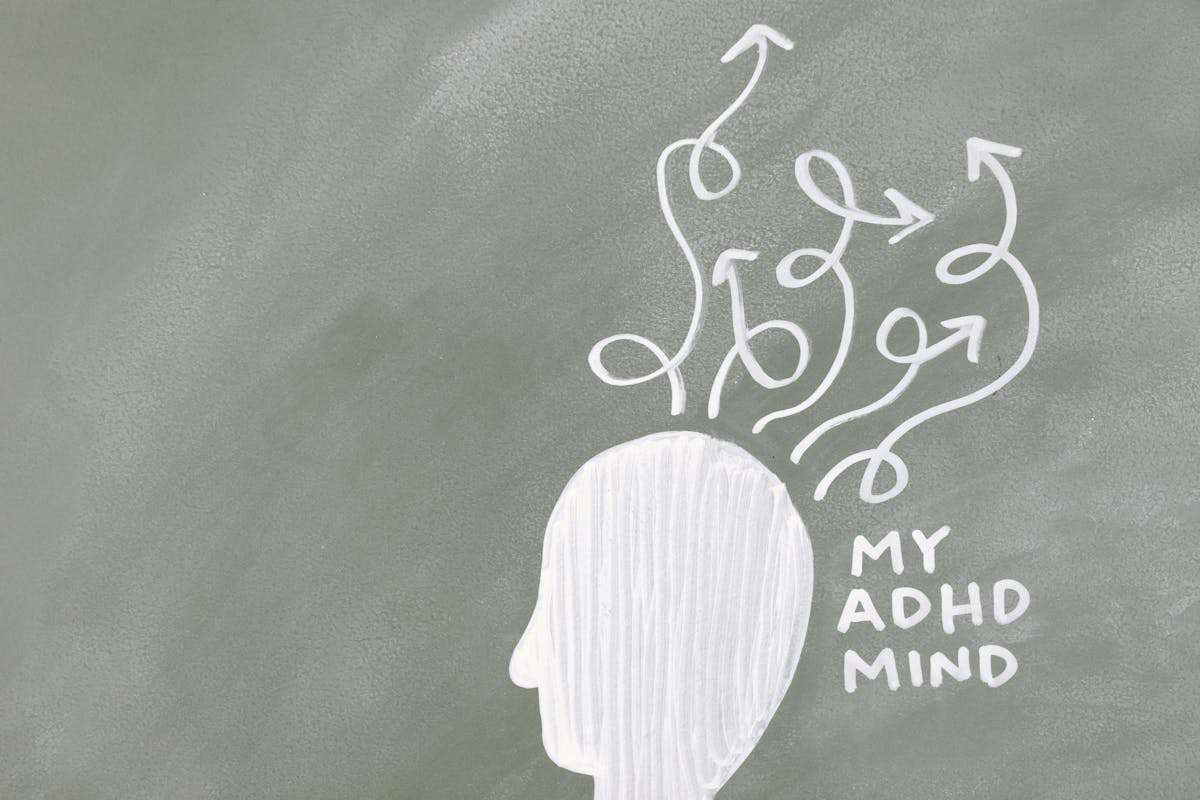
The ADHD Brain: Dopamine and Neurotransmitter Imbalances
ADHD is strongly linked to imbalances in neurotransmitters, particularly dopamine. Dopamine is responsible for motivation, reward processing, and focus.
Research shows that people with ADHD tend to have lower dopamine levels, leading to difficulties in maintaining attention, regulating impulses, and completing tasks. This explains why stimulant medications like Adderall and Ritalin, which increase dopamine activity, are commonly prescribed for ADHD management.
In addition to dopamine, norepinephrine also plays a critical role in ADHD. This neurotransmitter helps regulate alertness and response to stimuli, meaning individuals with ADHD often struggle with staying engaged, prioritizing tasks, and managing their emotions effectively.
Conventional ADHD Treatments: Medication, Therapy, and Lifestyle Adjustments
The most common ADHD treatments include:
- Stimulant Medications: These drugs (e.g., amphetamines and methylphenidates) effectively increase dopamine and norepinephrine levels, improving attention and impulse control.
- Non-Stimulant Medications: Options like atomoxetine and guanfacine work differently but can help manage symptoms with fewer side effects.
- Behavioral Therapy: Techniques like Cognitive Behavioral Therapy (CBT) help individuals develop organizational strategies, emotional regulation, and habit formation strategies.
- Lifestyle Changes: Regular exercise, structured routines, and balanced nutrition have been shown to support brain function and symptom management.
Key Mushrooms in Coffee and Their Potential ADHD Benefits
Mushroom coffee blends often contain medicinal mushrooms known for their cognitive and neurological benefits. While research is ongoing, several key mushrooms stand out for their potential impact on ADHD symptoms.
Lion’s Mane (Hericium erinaceus) – This mushroom is widely studied for its role in brain health. Research suggests it promotes nerve growth factor (NGF), which supports cognitive function, memory, and learning.
A study in the International Journal of Molecular Sciences found that Lion’s Mane may enhance neuroplasticity and reduce cognitive decline.
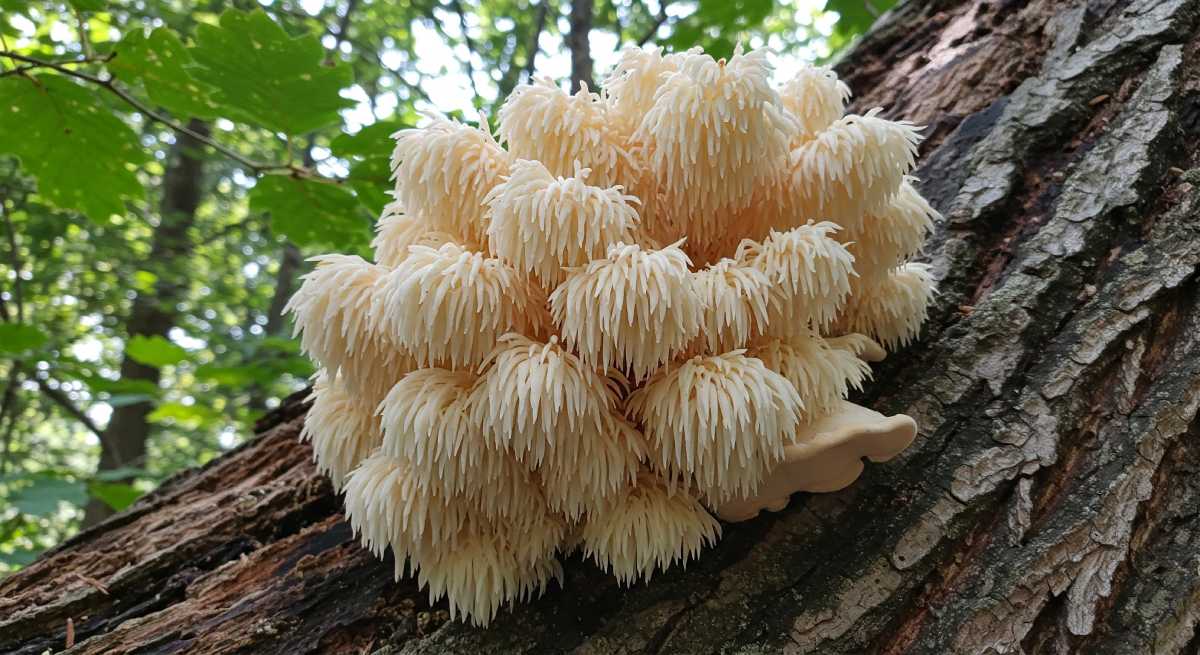
Cordyceps (Cordyceps militaris) – Known for improving energy and oxygen utilization, Cordyceps may help with ADHD-related fatigue and brain fog. Studies indicate it enhances mitochondrial function and ATP production, leading to sustained mental stamina without the jitters associated with caffeine.
Some also explore its potential role in weight management.
Reishi (Ganoderma lucidum) – Often referred to as the “mushroom of immortality,” Reishi is valued for its calming properties. It helps regulate the stress response and may support emotional stability in individuals with ADHD.
Research highlights its potential role in modulating the nervous system and reducing anxiety-related symptoms.
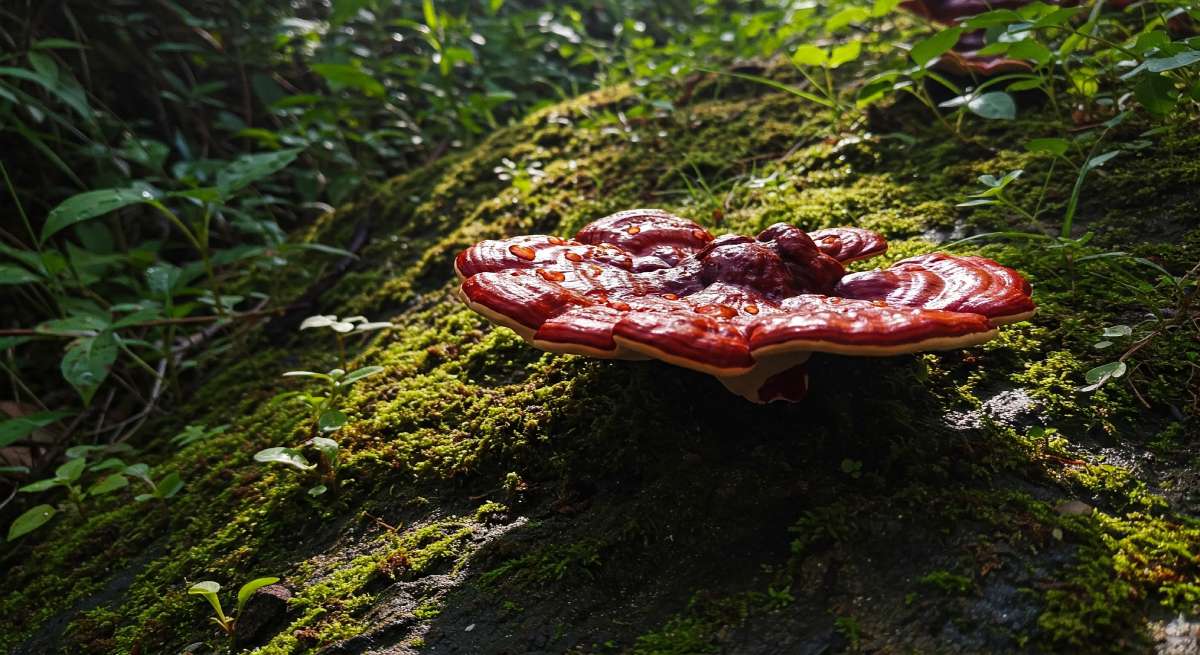
Chaga (Inonotus obliquus) – This antioxidant-rich mushroom supports brain health by reducing inflammation and oxidative stress. Chronic inflammation has been linked to cognitive dysfunction, and Chaga’s bioactive compounds can contribute to overall mental clarity.
While these mushrooms show promise in supporting brain function and mental clarity, their direct impact on ADHD requires more clinical research.
Caffeine, ADHD, and Mushroom Coffee: A Balanced Approach
Caffeine affects people with ADHD in different ways. Some find it helps improve focus, while others experience increased restlessness or anxiety.
Studies suggest that low to moderate doses of caffeine can enhance dopamine activity, which may benefit those with ADHD, but excessive intake can lead to overstimulation and crashes.

Mushroom coffee provides a unique middle ground. Unlike regular coffee, it contains less caffeine—often around 50 mg per serving compared to the 95 mg in a standard cup of coffee.
This has fueled a search for holistic, sustainable approaches, especially for those sensitive to the acidity of regular coffee.
The lower caffeine content and adaptogenic mushrooms like Reishi and Lion’s Mane may offer a smoother, more balanced energy boost without the sharp spikes and crashes.
Best practices for consuming mushroom coffee with ADHD:
Start with a low dose – Half a serving or one small cup can help gauge your body’s response.
Time it wisely – Morning or early afternoon consumption is ideal to avoid disrupting sleep. Consuming it at night could have negative effects, as we explain in: Can you Drink Mushroom Coffee at Night?
Pair it with protein or healthy fats – This can stabilize blood sugar and prolong the focus-enhancing effects.

Watch out for interactions – If you’re on ADHD medication, consult your doctor before adding mushroom coffee to your routine. Some stimulant medications may amplify caffeine’s effects.
Ultimately, mushroom coffee offers an alternative to traditional coffee that may work better for individuals with ADHD who are sensitive to caffeine.
Gut-Brain Connection: Can It Support ADHD Through Gut Health?
The gut and brain are more connected than most people realize. Recent studies suggest that gut health is crucial to brain function, including focus, mood regulation, and cognitive performance.
Researchers have found that individuals with ADHD often exhibit imbalances in gut microbiota, which could contribute to symptoms like inattention, impulsivity, and emotional dysregulation.

Mushroom coffee, particularly blends containing Lion’s Mane (Hericium erinaceus), could support gut health. Certain medicinal mushrooms contain prebiotic fibers that promote the growth of beneficial gut bacteria.
A study published in the Journal of Agricultural and Food Chemistry highlighted the prebiotic potential of edible mushrooms like Pleurotus djamor, showing they can positively influence gut microbiota and, by extension, brain function.
For those with digestive sensitivities, it’s important to consider FODMAP content.
The idea here is straightforward—if gut health influences brain function and mushrooms support gut health, then mushroom coffee could indirectly benefit ADHD symptoms. While more targeted research is needed, strengthening gut health with natural prebiotics from mushrooms could be a simple yet effective way to support cognitive function and emotional stability.
Risks, Side Effects, and Who Should Be Cautious
While medicinal mushrooms have potential benefits, they’re not without risks. Some people experience mild digestive discomfort when consuming mushroom extracts, especially in concentrated forms like mushroom coffee. Others may have allergic reactions, particularly those sensitive to fungi or mold.
For individuals with ADHD, the biggest concern is how mushroom coffee interacts with stimulant medications like Adderall or Ritalin. Certain mushrooms, such as Reishi (Ganoderma lucidum), have sedative properties that could counteract stimulant effects, potentially making ADHD medications less effective.
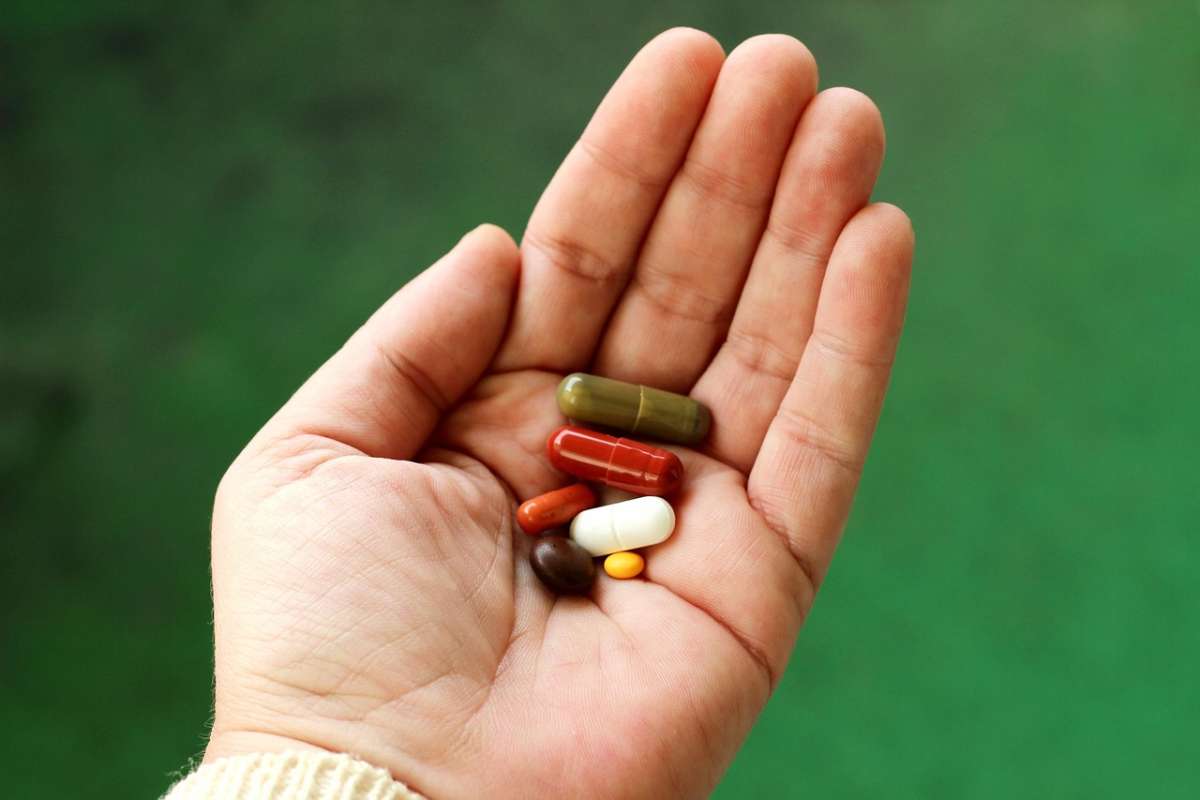
Additionally, mushrooms like Lion’s Mane may influence neurotransmitter activity, which could either help or interfere with ADHD treatment, depending on the individual.
Due to these uncertainties, anyone with ADHD—especially those on medication—should consult their doctor before adding mushroom coffee to their routine.
It is important to know that mushroom coffee is not recommended for children, please read our article about the risks: Mushroom coffee and kids.
While early research is promising, large-scale clinical studies are still needed to confirm the direct effects of mushroom coffee on ADHD. Until then, it’s best to approach it with curiosity and caution.
Final Thought
Ultimately, the exploration of mushroom coffee for ADHD is a reflection of a larger shift: a move towards personalized, integrated wellness. It’s not about replacing established treatments but expanding our toolkit. Think of it as cultivating a more resilient inner ecosystem. If ADHD is a garden prone to weeds and drought, mushroom coffee, alongside other healthy practices, might just help you nourish the soil.








